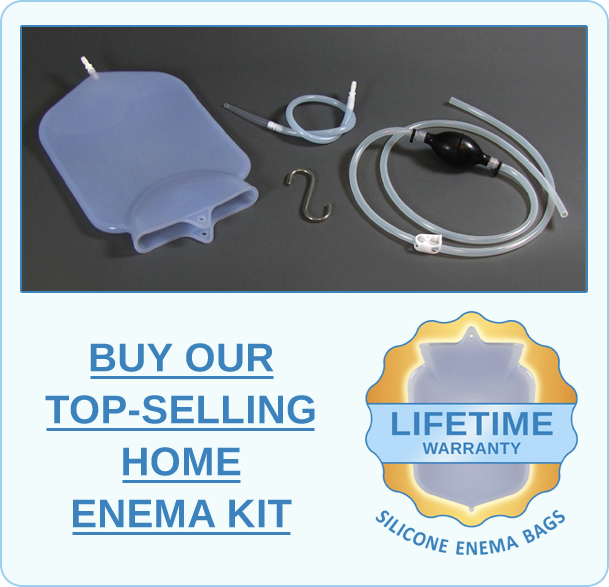How To Decalcify the Prostate and Prevent Prostate Calcification
 Prostatic calcification and the formation of prostatic calculi is a common condition of the prostate gland, especially for men over the age of 50.
Prostatic calcification and the formation of prostatic calculi is a common condition of the prostate gland, especially for men over the age of 50.Prostatic calculi are small stones that form in the prostate, and are either endogenous (caused by obstruction of the prostate ducts around an enlarged prostate due to BPH or chronic inflammation) or extrinsic (caused by urine reflux).
Reports on the prevalence of prostatic calculi vary widely. It's estimated that anywhere from 7% to 70% of men may experience prostatic calcification in their lifetimes. Most cases do not present symptoms, and thus go unreported.
Although prostatic calcification is most commonly seen in men over the age of 50 and those with BPH, it is also possible for younger men without BPH to experience prostatic calcification, especially if they have an inflamed prostate (prostatitis). Calcium deposits may also occur in areas with injury, infection, or cancer.
Treatment is usually unnecessary if there are no symptoms, but for those experiencing pain or difficulty urinating, prostatic calculi can be removed by a doctor using a transurethral electroresection loop or a holmium laser.
If you are experiencing pain or difficulty urinating, or think you may have prostatic calculi, you should visit a doctor.
While doctors should be able to help with removing calcium deposits from the prostate, there are important steps you can take at home to help prevent prostatic calcification from occurring. As prostatic calculi usually go hand in hand with either BPH (an enlarged prostate) or prostatitis (an inflamed prostate), taking preventative measures to avoid these conditions and improve the health of your prostate is important.
By colon cleansing with the 3-step enema series and using essential oil suppositories, you can reduce pain and inflammation and remove toxins from the prostate, and help prevent or heal from BPH and/or prostatitis.

Prostate Health Recommendations:
- Do the 3-step enema series 1 to 3 times per week to help detoxify the liver and prostate.
- Use essential oil suppositories. We offer a Prostatitis Essential Oil Blend and a BPH Essential Oil Blend. I recommend using one of these blends in a daily suppository to help heal from these conditions and support overall prostate health.
- Take the dietary support supplement Prostatrol Forte. Prostatrol Forte's unique formula is specifically designed to help men who suffer from BPH or prostatitis, and improve overall prostate health. Saw palmetto extract reduces the amount of hormonal stimulation of the prostate gland. Nettles root extract blocks estrogen binding and pygeum inhibits the effects of growth factors on prostate cells. Both saw palmetto and pygeum reduce the inflammatory pathways which generate prostatitis. Zinc is necessary for proper prostate function. Selenium is also needed for proper prostate function and may reduce the incidence of prostate cancer.
Need more detailed guidance in supporting your prostate health?

Personal Health Consultations with Kristina Amelong,
For personalized support, I would be happy to assist via a scheduled phone consultation. I charge affordable
First complete any relevant sections of my secure online intake form. Upon submitting the form, you will be prompted to schedule a consultation time with me via my online booking system.
If you are an international client who would like to use WhatsApp for your scheduled consultation, please email us for instructions on how to contact me at the time of your consultation.
Labels: benign prostatic hyperplasia, BPH, calcification, calculi, difficult urination, enema series, essential oil suppositories, painful urination, prostate, prostate stones, prostatitis









0 Comments:
Post a Comment
<< Home